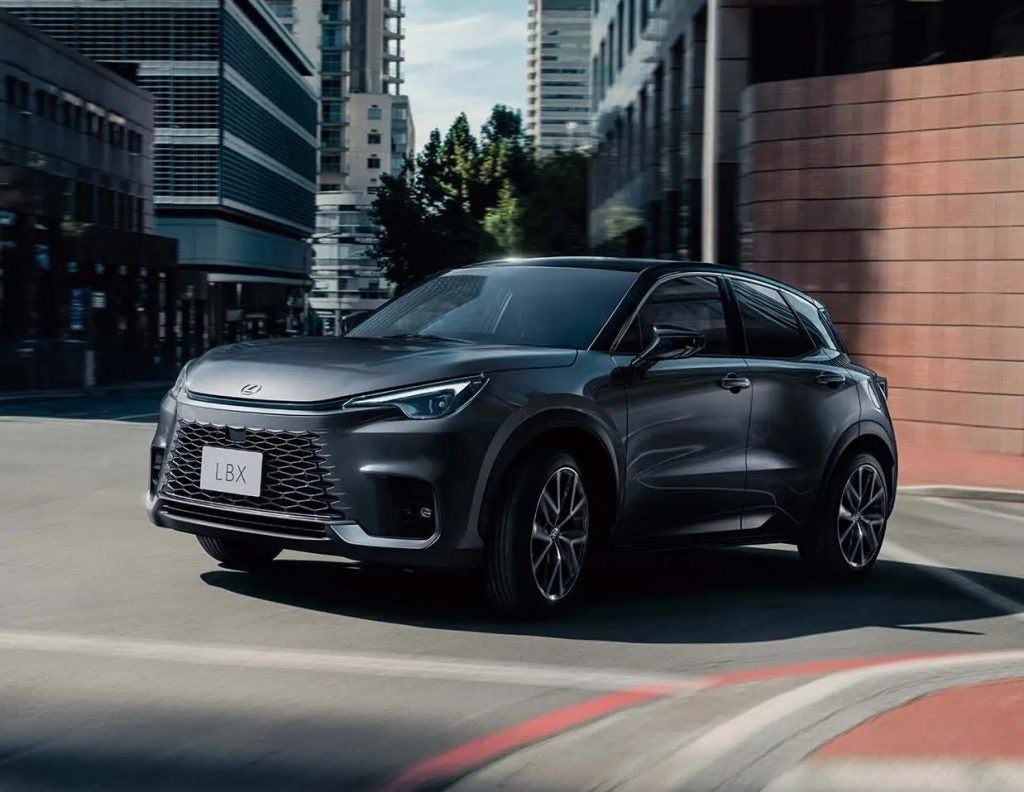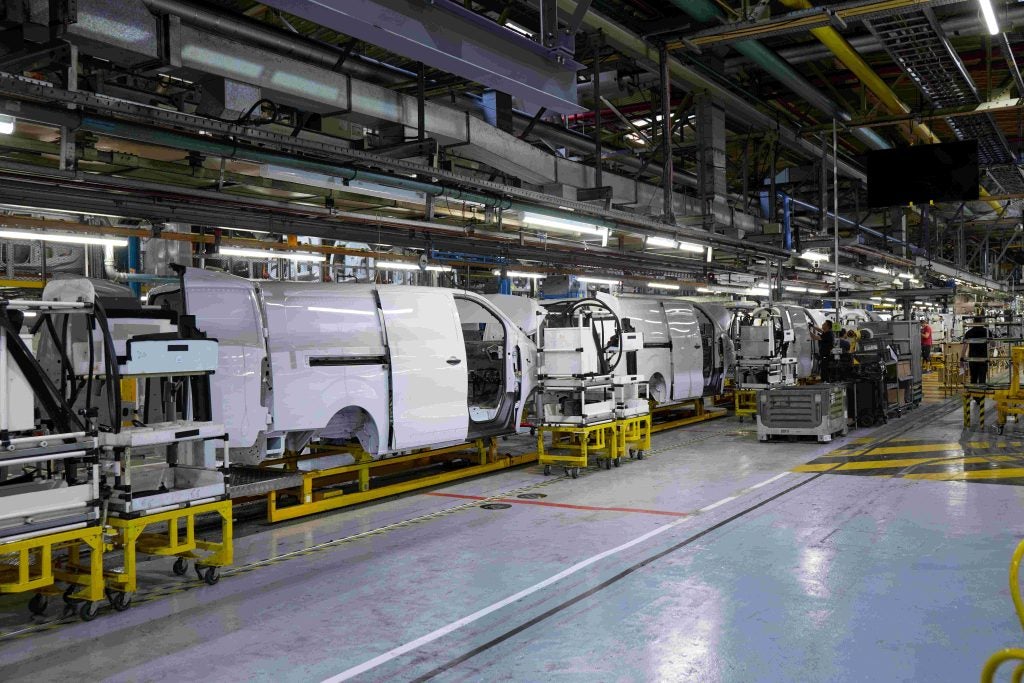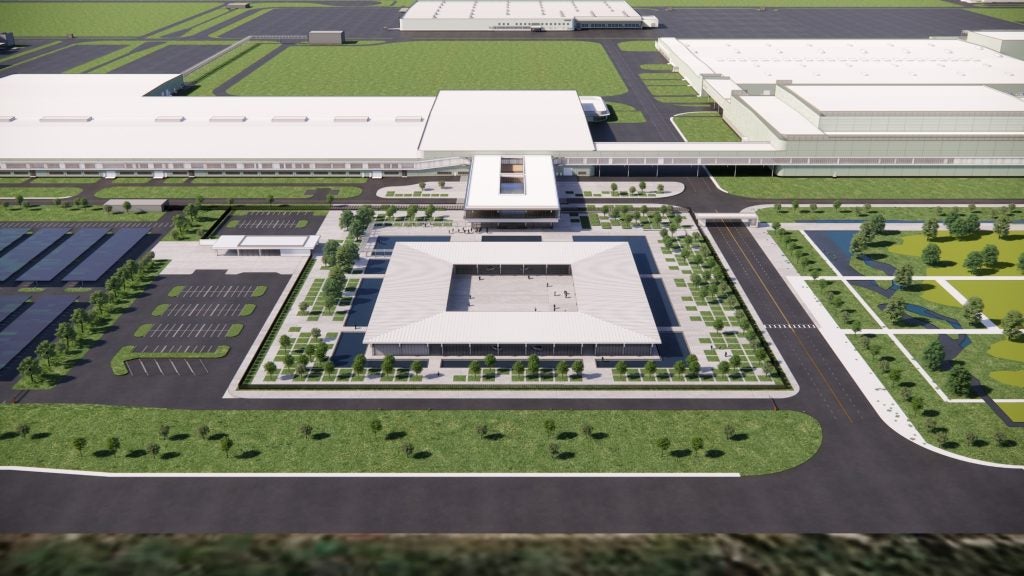
New vehicle sales in Thailand continued to fall in January 2024, by 16% to 54,814 units from 65,579 a year earlier, according to wholesale data from the Federation of Thai Industries (FTI).
The data excluded BMW and Mercedes-Benz.
The market has been in decline for over a year, after an initial rebound from the Covid pandemic, with total vehicle sales falling 9% to 775,780 units last year, making Thailand south east Asia’s third-largest vehicle market after Indonesia and Malaysia.
Economic growth increased 1.7% year on year in the fourth quarter of 2023, up moderately from 1.4% in the third quarter, underpinned by strong service sector activity thanks to rebounding travel and tourism.
Heavily indebted consumers have come under increasing pressure from a series of interest rate hikes by the central bank over the last 18 months from 0.5% to 2.5%. Vehicle financiers have also increased their rates and tightened lending criteria. Recent delays in the disbursement of government budgets were also said to have impacted vehicle purchases in January.
January sales were driven lower by a 43% drop in pickup truck sales to 14,864 units, while sales of pickup passenger vehicles plunged by 44%.
How well do you really know your competitors?
Access the most comprehensive Company Profiles on the market, powered by GlobalData. Save hours of research. Gain competitive edge.

Thank you!
Your download email will arrive shortly
Not ready to buy yet? Download a free sample
We are confident about the unique quality of our Company Profiles. However, we want you to make the most beneficial decision for your business, so we offer a free sample that you can download by submitting the below form
By GlobalDataBy contrast, data from the Department of Land Transport showed registrations of battery electric vehicles (BEVs) surged 239% to 15,943 units in January compared with the previous month, driven by the recent entry of Chinese models with BYD’s Dolphin, Seal and Neta V the three best selling models. Buyers last month rushed into the market before the government reduced BEV subsidies at the beginning of 2024 under its revised EV3.5 programme.
The government this month announced new incentives aimed at increasing sales of battery powered commercial vehicles, including trucks and buses, with to encourage local production and establish a local supply chain.
Vehicle production fell 12% to 142,102 units last month while exports were down just slightly at 86,716 units.







